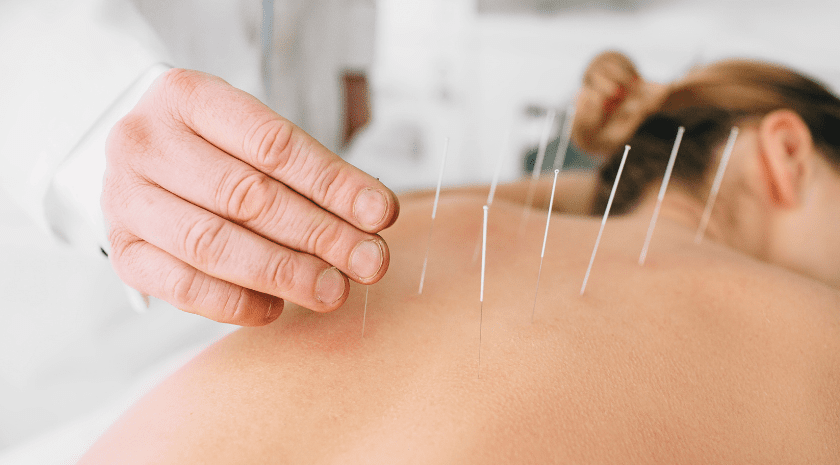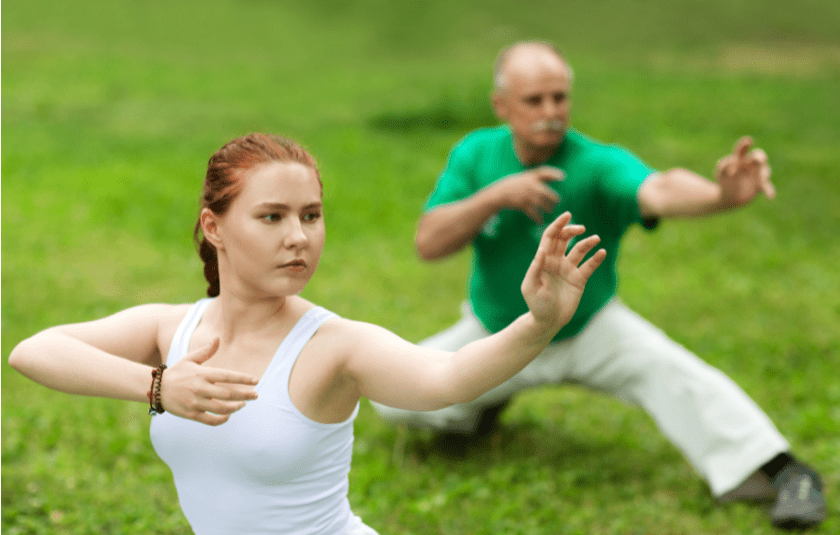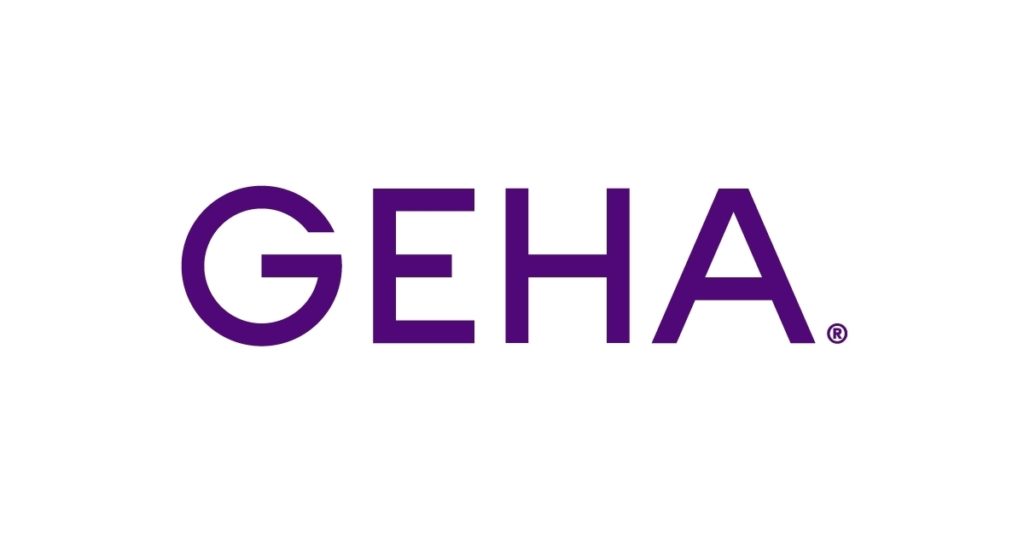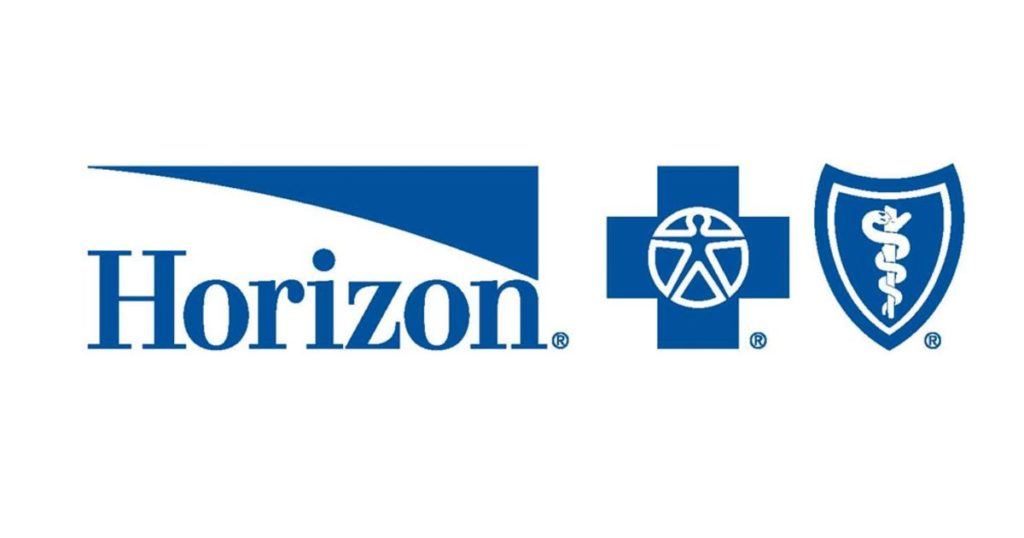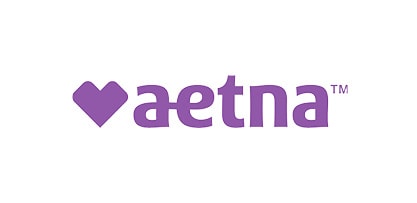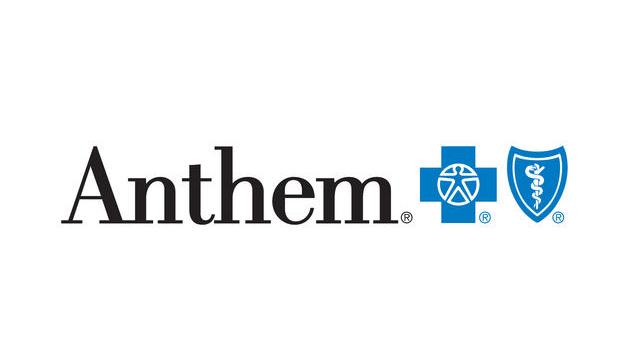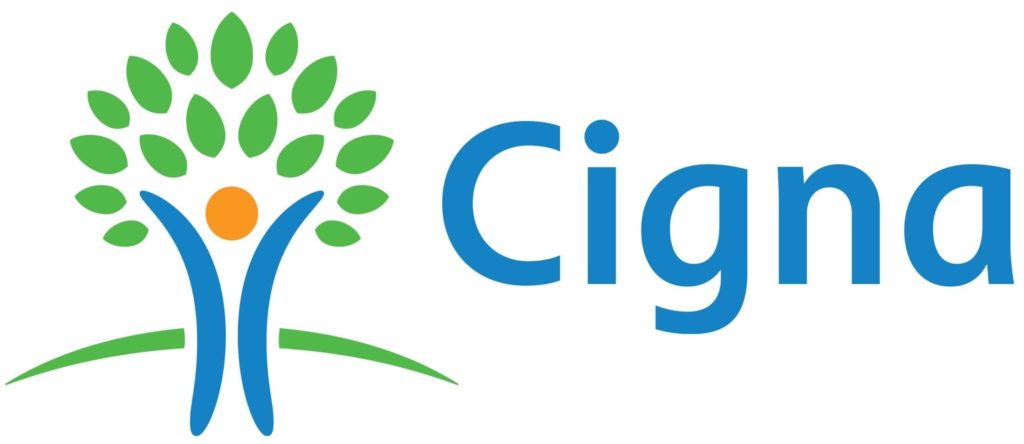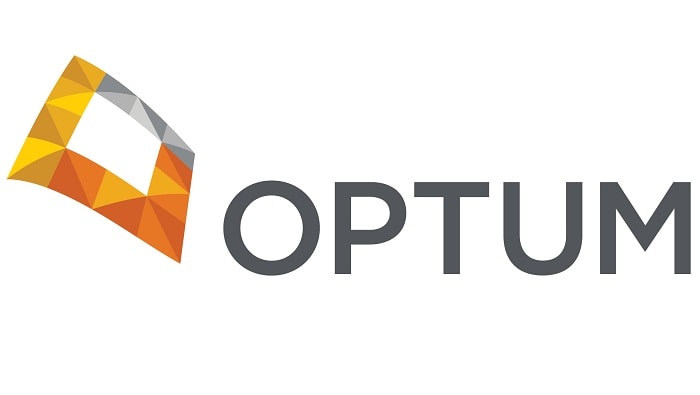Healing Modalities At Oasis Recovery
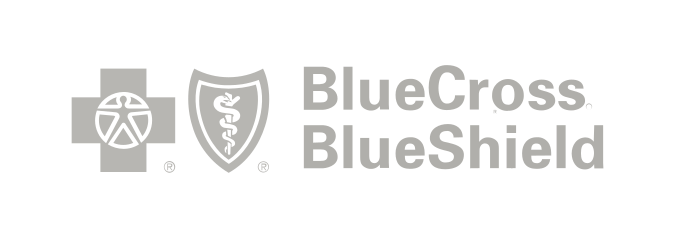



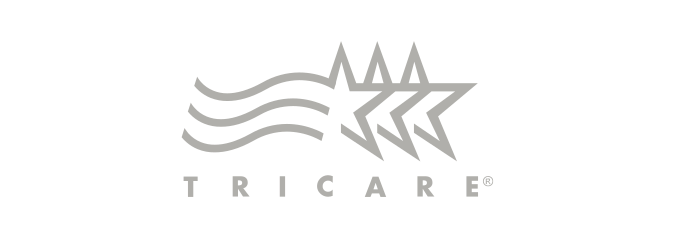
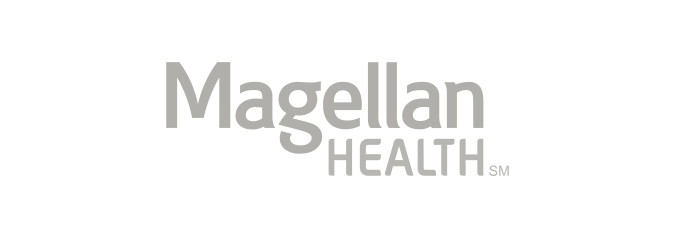
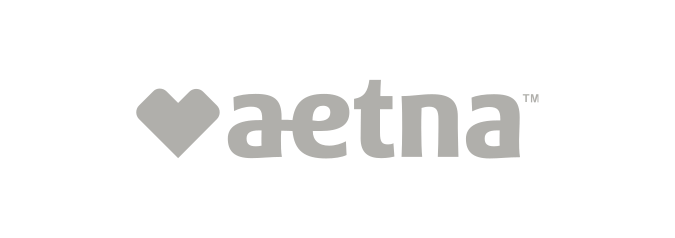
Begin To Heal At Oasis
At Oasis Recovery Center, our approach to addiction recovery is holistic, meaning we treat the whole person—mind, body, and spirit—not just the addiction. That is why, in conjunction with individual psychotherapy and group therapies, we also offer a wide range of holistic healing modalities to assist and support our clients throughout their addiction treatment program.
Healing Modalities At Oasis
Addiction treatment is bound to bring up challenges, including emotions that are difficult or uncomfortable to feel. Many individuals with substance use disorders relied heavily on their substances of choice to avoid feeling difficult emotions, so when they are abstaining from those substances, they may struggle with how to cope and manage these feelings, anxieties, or fears. Our healing modalities are incredible tools for supporting individuals in integrating what they are experiencing, and learning new, healthy ways to cope with and manage stress, anxiety, anger, fear, grief, and other emotional experiences.
In groups facilitated by experienced experts in their fields, the healing modalities we offer can introduce clients to new techniques and strategies for finding their center, no matter what their situation. Our goal is to equip our clients with embodied practices that they can carry with them once they graduate from our program, to support sustainable, long-term recovery.
At Oasis Recovery, we pride ourselves on providing quality care that suits each individual’s needs. If you are interested in learning more about our other holistic therapies, call Oasis Recovery today. Our addiction specialists are available to answer any questions you may have. We are ready to help you take the first steps towards a fulfilling, sober life.
Oasis Is Here For You
If you or a loved one could benefit from addiction treatment, the experts at Oasis Recovery are here for you. Between our various treatment programs, therapies, and supportive community, we provide the quality care that you deserve. To learn more about all we have to offer, download our free eBook today. You no longer have to struggle with addiction alone.
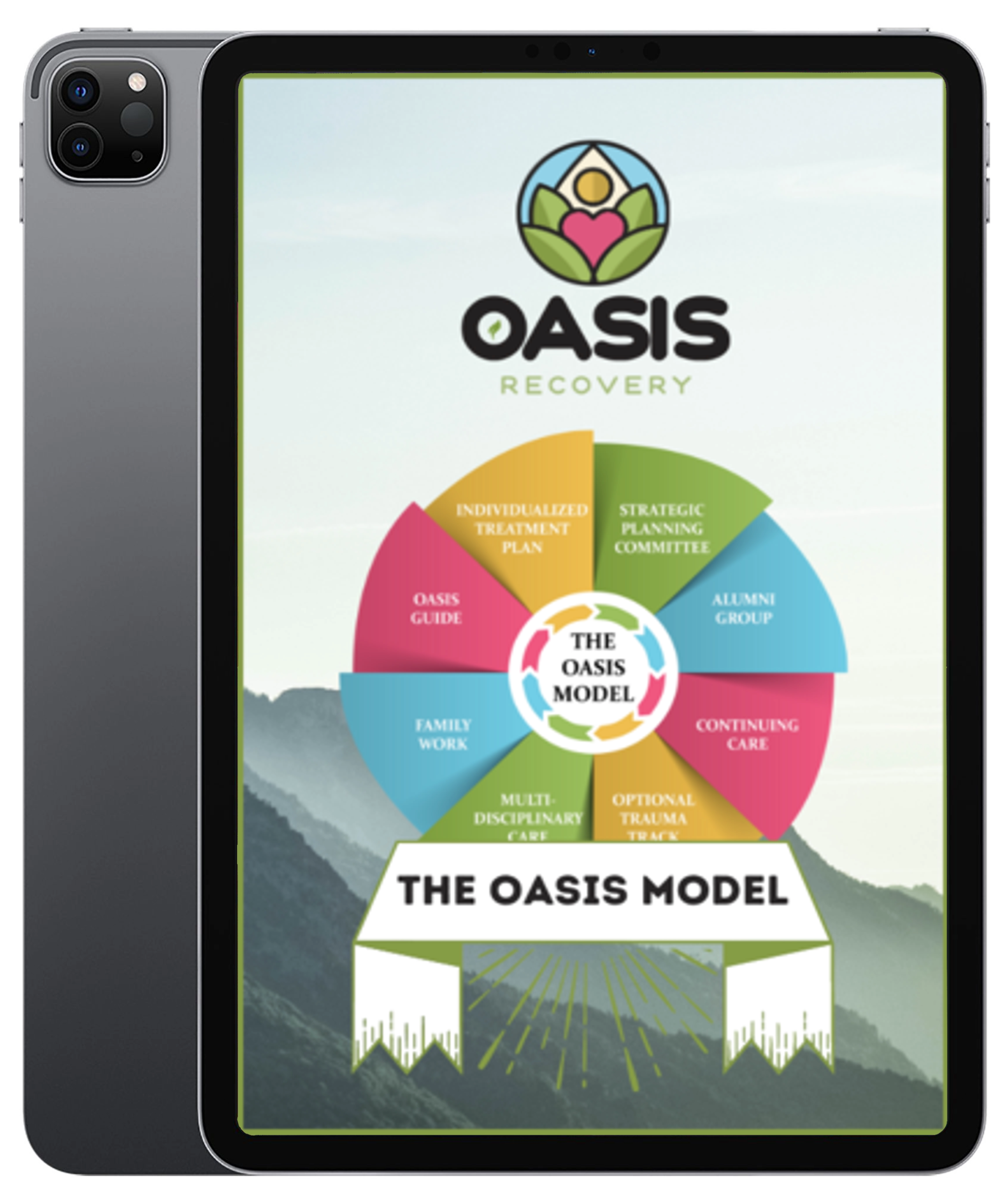
What Would It Feel Like To Be Free?
LET US HELP YOU FIND OUT



